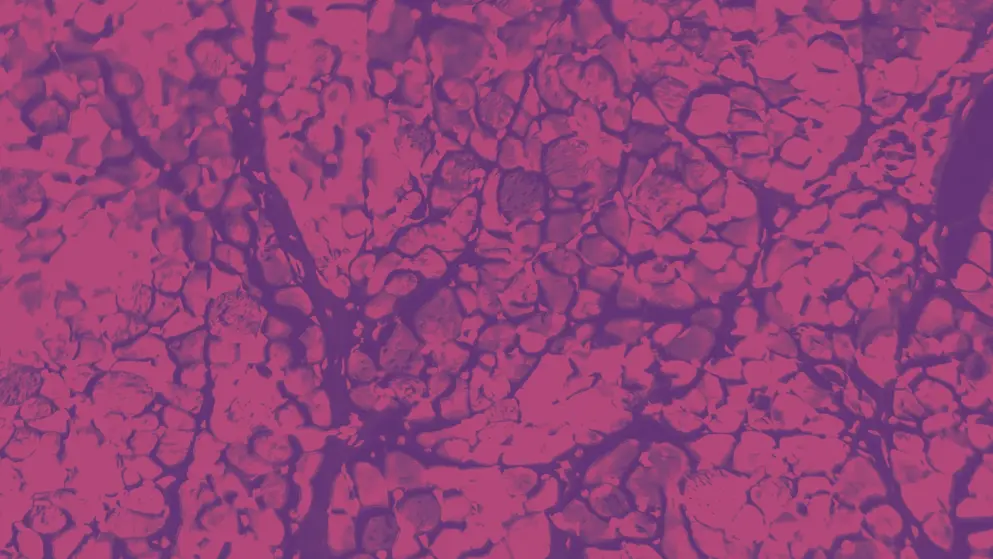
Accredited: What’s new in TK2d?
From early recognition to advances in disease management, what’s new in TK2d? (EBAC accredited; 1 CME credit)
July 11, 2025 – 13:00 CEST
Are you missing the 16th European Paediatric Neurology Society’s (EPNS) Congress in July 2025? Or are you interested in a recap of key discussions in thymidine kinase 2 deficiency (TK2d) from this independent symposium?
Register below and we'll let you know as soon as the recording becomes available to watch on demand, here on Medthority.
Cristina Domínguez González (Spain), Caterina Garone (Italy), and Michio Hirano (USA) present an accredited symposium and live Q&A on advances in TK2d management, including:
- How new technologies may facilitate identification of patients with TK2d
- The potential of novel therapies, including updates from ongoing studies
- How to mitigate misdiagnosis and delayed treatment
- Practical advice on translating clinical trial findings into clinical excellence
Agenda
| Chair: Cristina Domínguez González | |
| Welcome and introductions | Cristina Domínguez González |
| What is the natural course of TK2d? | Caterina Garone |
| Current status on TK2d management | Michio Hirano |
| Translating learnings from clinical trials to clinical practice | Cristina Domínguez González |
| Q&A and closing remarks | All faculty |
Register to receive the recording
Meet the experts
 Cristina Domínguez González, MD, PhD
Cristina Domínguez González, MD, PhD
Cristina Domínguez González leads multidisciplinary clinical and research groups at the Hospital 12 de Octubre in Madrid, Spain.
Domínguez González's area of expertise lies in genetic myopathies, with a particular focus on those originating from metabolic and mitochondrial factors.
Disclosures: Consulting fees from Amicus Therapeutics, Exeltis, Italfarmaco, Modis Therapeutics, Pharmanext, Roche, Sarepta, Sanofi–Genzyme, UCB Pharma, and Zogenix. Research funding from Pretzel Therapeutics and UCB Pharma. Honoria from Amicus Therapeutics, Roche, Sanofi–Genzyme, and UCB Pharma.
Caterina Garone, MD, PhD
Caterina Garone is Associate Professor of Medical Genetics at Alma Mater Studiorum, University of Bologna, Italy, and a pediatric neurologist at UOC Neuropsichiatria dell'Età Pediatrica, S. Orsola Hospital.
Garone specializes in clinical and translational research on metabolic disorders, mitochondrial diseases, neuromuscular diseases, and human genetics, with a particular focus as a neurogeneticist.
Disclosures: Serves on an advisory board of UCB Pharma. Received funding from UCB Pharma for research projects relating to TK2d.
Michio Hirano, MD
Michio Hirano is Chief of the Neuromuscular Medicine Division at Columbia University Irving Medical Center (CUIMC), New York, USA. Hirano also serves as the Director of the CUIMC Muscular Dystrophy Association Care Center, and the Director of the H. Houston Merritt Center for Neuromuscular and Mitochondrial Disorders.
Hirano's research focuses primarily on mitochondrial diseases and genetic myopathies. Hirano is actively involved in translational neuromuscular disease research in the laboratory and in clinical trials.
Disclosures: American Academy of Neurology, Apollo Communication, Astellas, Barth Syndrome Foundation, Cure SMA, Cyclerion, Envision Communications, Muscular Dystrophy Association, NIH (National Institutes of Health), Precision Biosciences, Reneo Pharmaceuticals, UCB Biopharma SRL, and United Mitochondrial Disease Foundation.
of interest
are looking at
saved
next event
Developed independently by EPG Health, which received an educational grant from UCB Biopharma SRL, awarded to EPG Health to help provide its healthcare professional members with access to the highest quality medical and scientific information, education, and associated relevant content.
This programme is accredited by the European Board for Accreditation of Continuing Education for Health Professionals (EBAC) for 1 hour of external CME credit. Each participant should claim only those hours of credit that have actually been spent in the educational activity.
